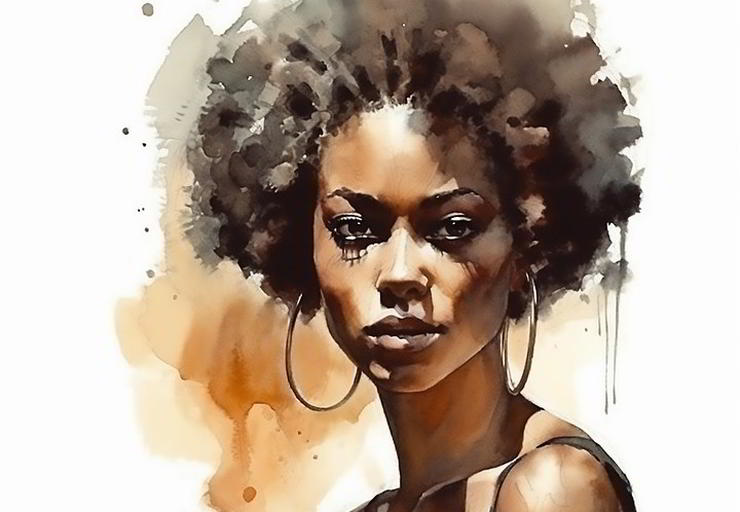World Declaration on People of African Descent.

The UN is currently working on a draft “World Declaration on People of African Descent”, with the effective participation of Member States and civil society organizations.
The document, entirely dedicated to the collective rights of the African diaspora, will be the first international legal instrument to promote the preservation of their identities, ancestral territories, cultures
and traditions.
But why is specific legislation for people of African descent necessary and the general prohibition of discrimination under international human rights law not sufficient? The transatlantic slave trade lasted 400 years and made possible the mass deportation of African populations to North and South America, the Caribbean and Europe.
As a result, the African diaspora is now widespread in many countries around the world. However, systemic racism and inequalities that originated during the colonial period persist today: both the descendants of women and men who were uprooted from the African continent many generations ago, and Africans who have emigrated more recently, face serious obstacles in accessing justice, decent employment and housing, education and quality health services.
Furthermore, the lack of meaningful participation of the Afro-descendant population in the political sphere in many countries demonstrates further impediments to access to decision-making spaces. It is therefore hoped that this UN document on the rights of Afro-descendants will urge European countries to take concrete action to compensate the descendants of the victims of slavery.
The draft Declaration proposes, for example, that Afro-descendant communities should benefit from underwater treasures and the cultural heritage left on the galleons used to transport enslaved people. Another of the main issues discussed in the future Declaration is the need to recognize Afro-descendants of Latin America as a people.
According to several ethical experts, these groups have not only been subjected to colonial domination but are also aware of their own identity and are organized in communities governed by ancestral customs. For this reason, they would fall within the definition of a people established by international law instruments and would therefore have the right to self-determination in the territories they inhabit.
This would benefit, for example, the thousands of Quilombola communities founded in Brazil by Africans who escaped slavery; the Saramaka people, who have inhabited the Surinamese Amazon since the beginning of the 18th century; or the Garifuna people, the result of the crossbreeding of various groups of African and Caribbean origin.
However, the possible international recognition of Afro-descendant peoples and their consequent right to decide their destiny are a matter of concern for some member states of the United Nations,
due to the power to govern, legislate and administer themselves
that this gives them.
Therefore, in the process of drafting and negotiating the new Declaration, the United Nations will have to decide whether, like Indigenous peoples, Afro-descendants of the Americas meet the requirements to be legally considered as a people or whether, on the contrary, their collective rights do not necessarily have to translate into autonomy over their lands, territories and resources. (Illustration: Pixabay)
Isabel Mamadou



